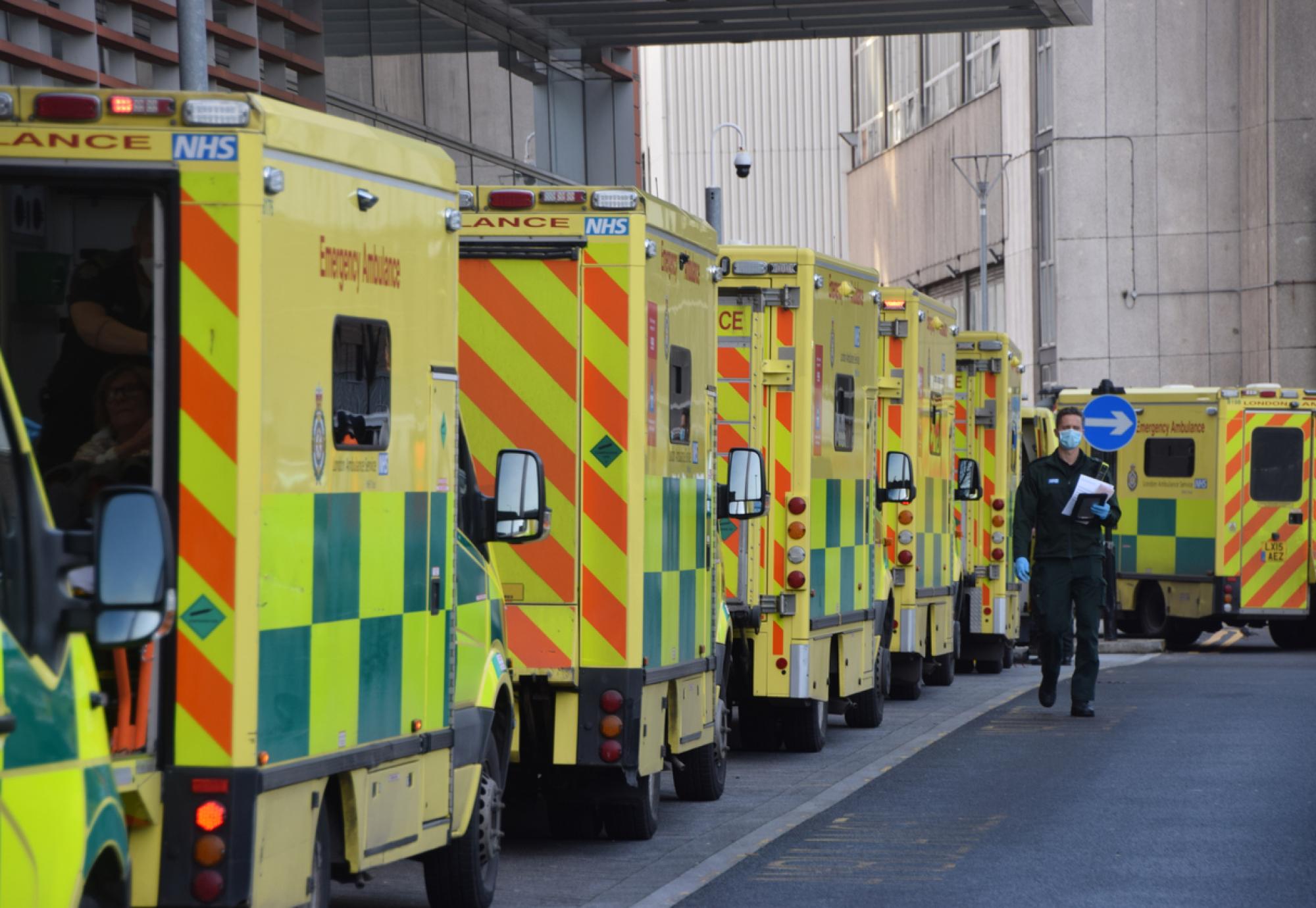Not resting on their laurels, the NHS are now setting about working through all of the patients who have been waiting around a year-and-a-half, with waiting lists down by almost a third, despite dealing with record ambulance call outs in July.
As we reported earlier this week, the NHS reached the first of the milestones in the Elective Recovery Plan, by “virtually clearing” all of the longest two-year waiters before the end of last month, and now, the number of people who have been waiting a year-and-a-half or more for treatment has been cut from 75,992 at the start of the year, to 53,911 in June.
All this comes after the health service dealt with the largest amount of category 1 ambulance callouts since records began, with 85,397 calls in July – which is nearly two-thirds higher than the same time last year at 51,771, and approximately a third higher than July 2019, with pre-pandemic levels coming at around 23,000 less than last month.
NHS National Medical Director, Professor Sir Stephen Powis, said: “Today’s figures show the immense pressure our emergency services are under with more of the most serious ambulance callouts than the NHS has ever seen before, at levels more than a third higher than pre-pandemic.
“Recognising the pressure on urgent and emergency care services, we are working on plans to increase capacity and reduce call times ahead of winter in addition to our new contract with St John to provide extra support as needed.
“While the total backlog will continue to increase for some time, by managing to virtually eliminate two-year waits we are turning a corner in tackling Covid’s impact on elective care and it is welcome news that in today’s figures we can also see a continued fall in the numbers waiting more than eighteen months.
“As the country faces another period of high temperatures after last month’s record-breaking heatwave, it is vital that anyone who feels unwell seeks advice or an NHS referral through 111 online or their local pharmacy, and only calls 999 if it is a life-threatening emergency.”
It wasn’t just 999 calls that were high either, the NHS saw an increase in the amount of people ringing their 111 lines, with 1,900,550 calls made in June – higher than any other month in 2022.
The health sector also met challenges freeing up capacity to deal with the backlog, as only 40% of patients were discharged when they were ready to during July, meaning on an average day, 12,900 patients a day spent more time in hospital than they needed.
Despite the obvious obstacles, the NHS will continue to persevere and battle through the patient backlog.
More information and all the latest figures are available here.



















